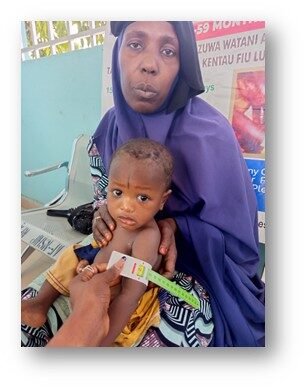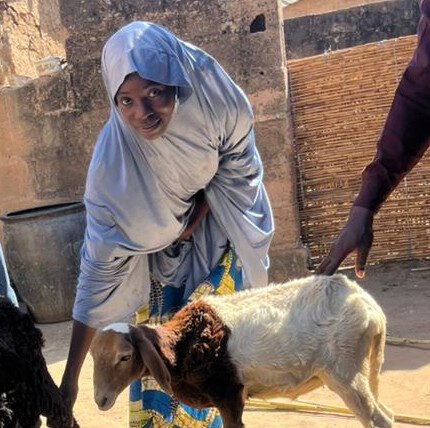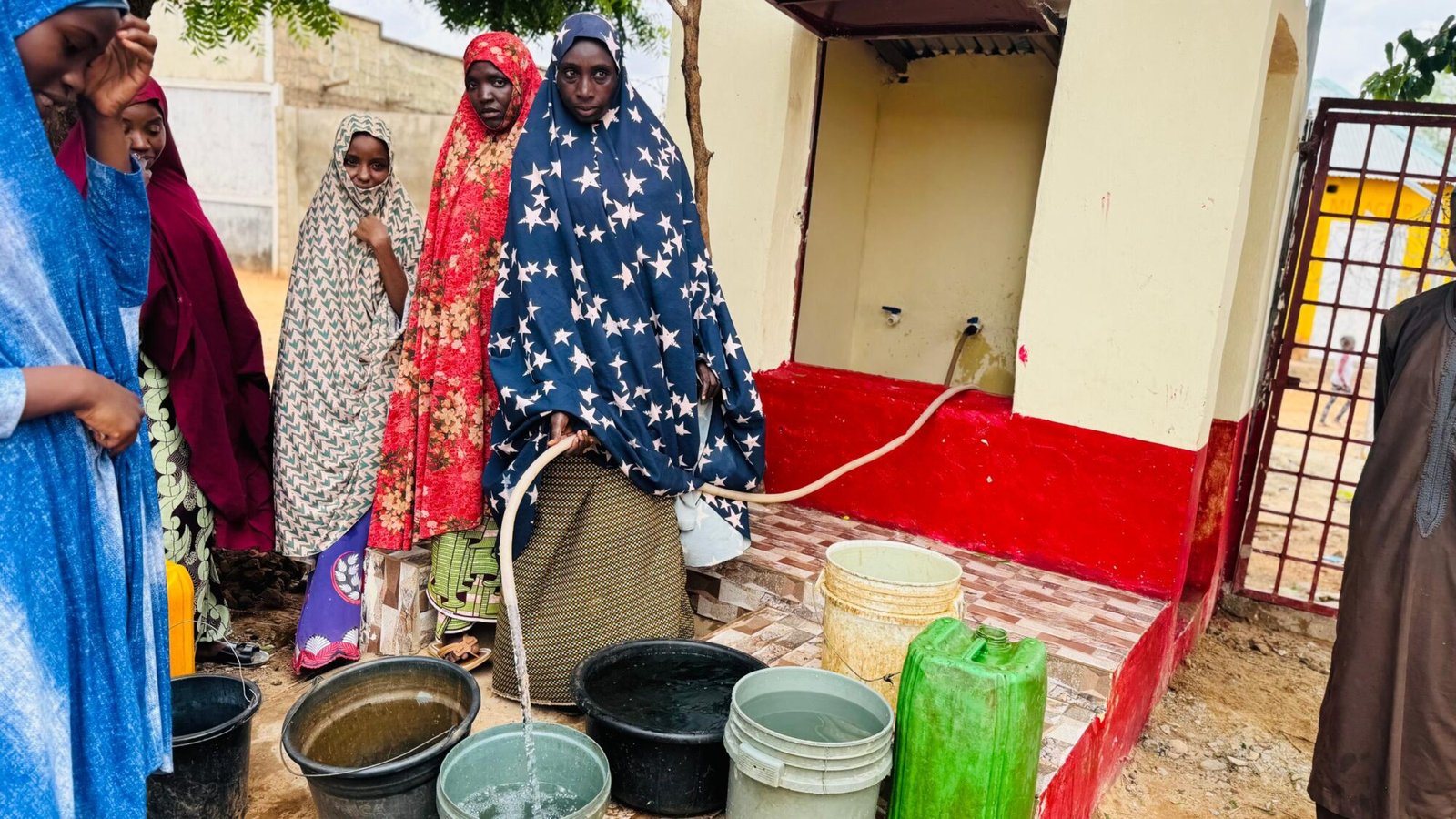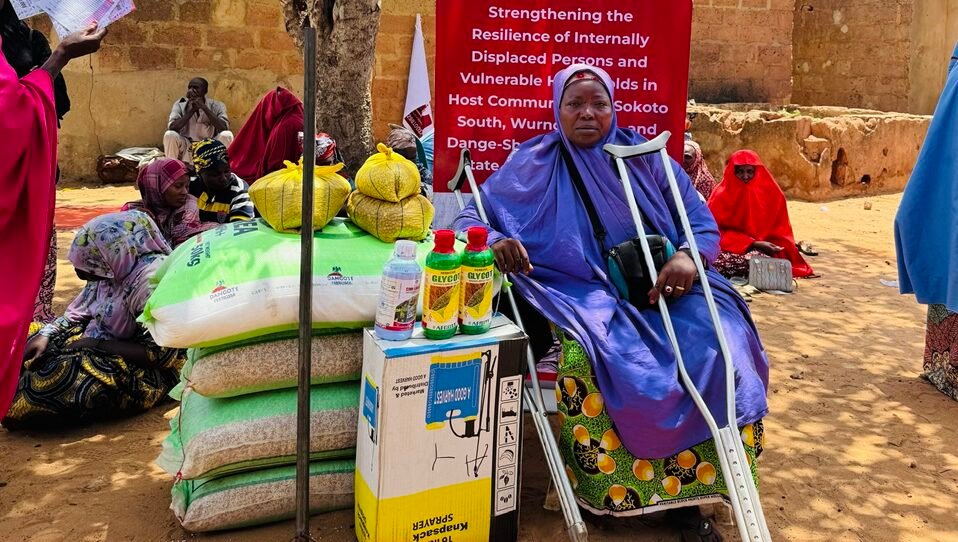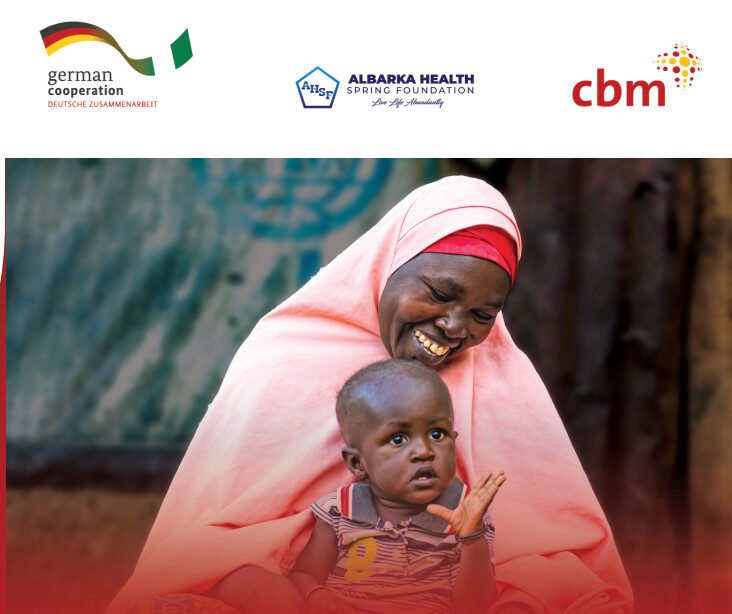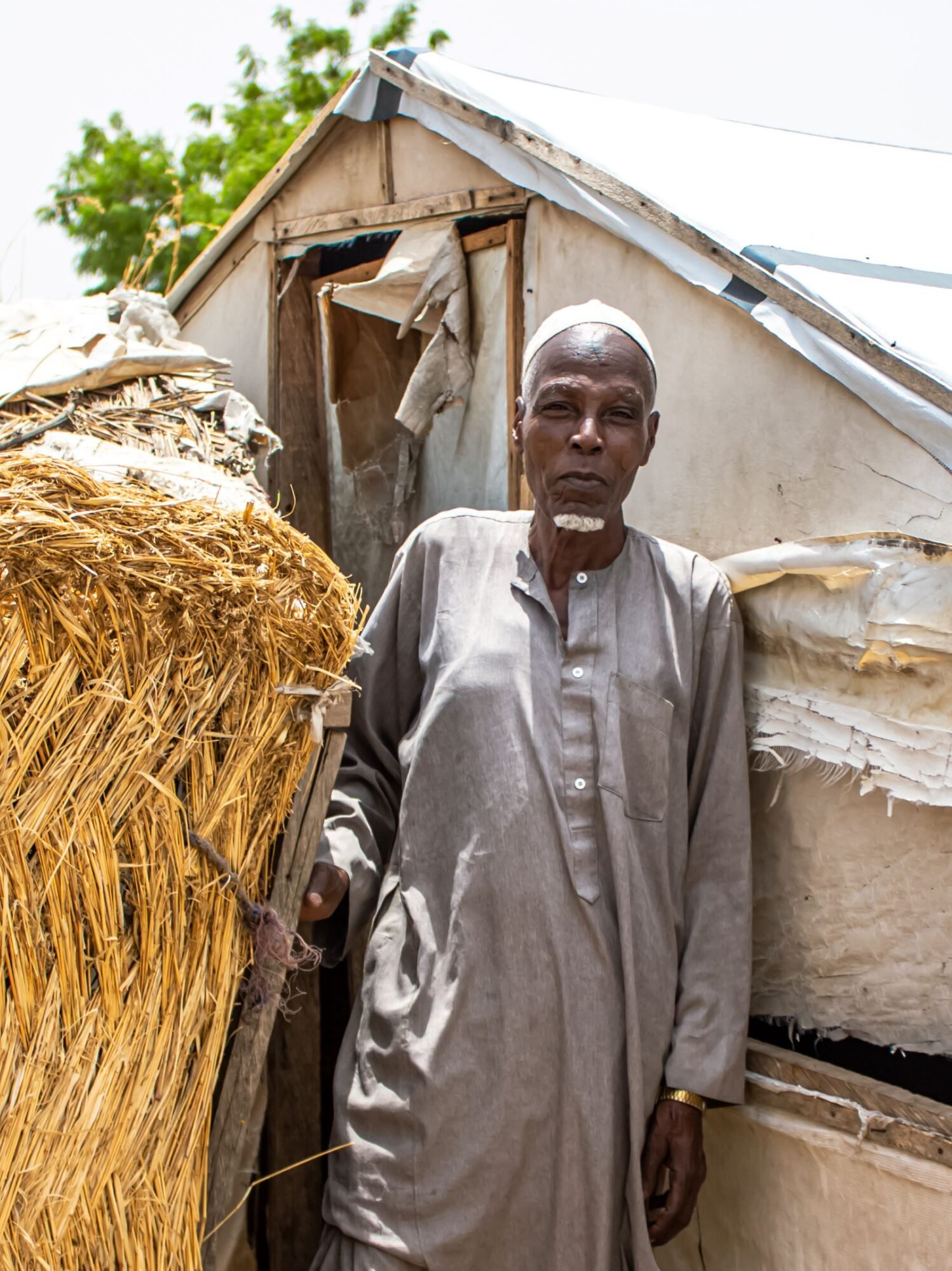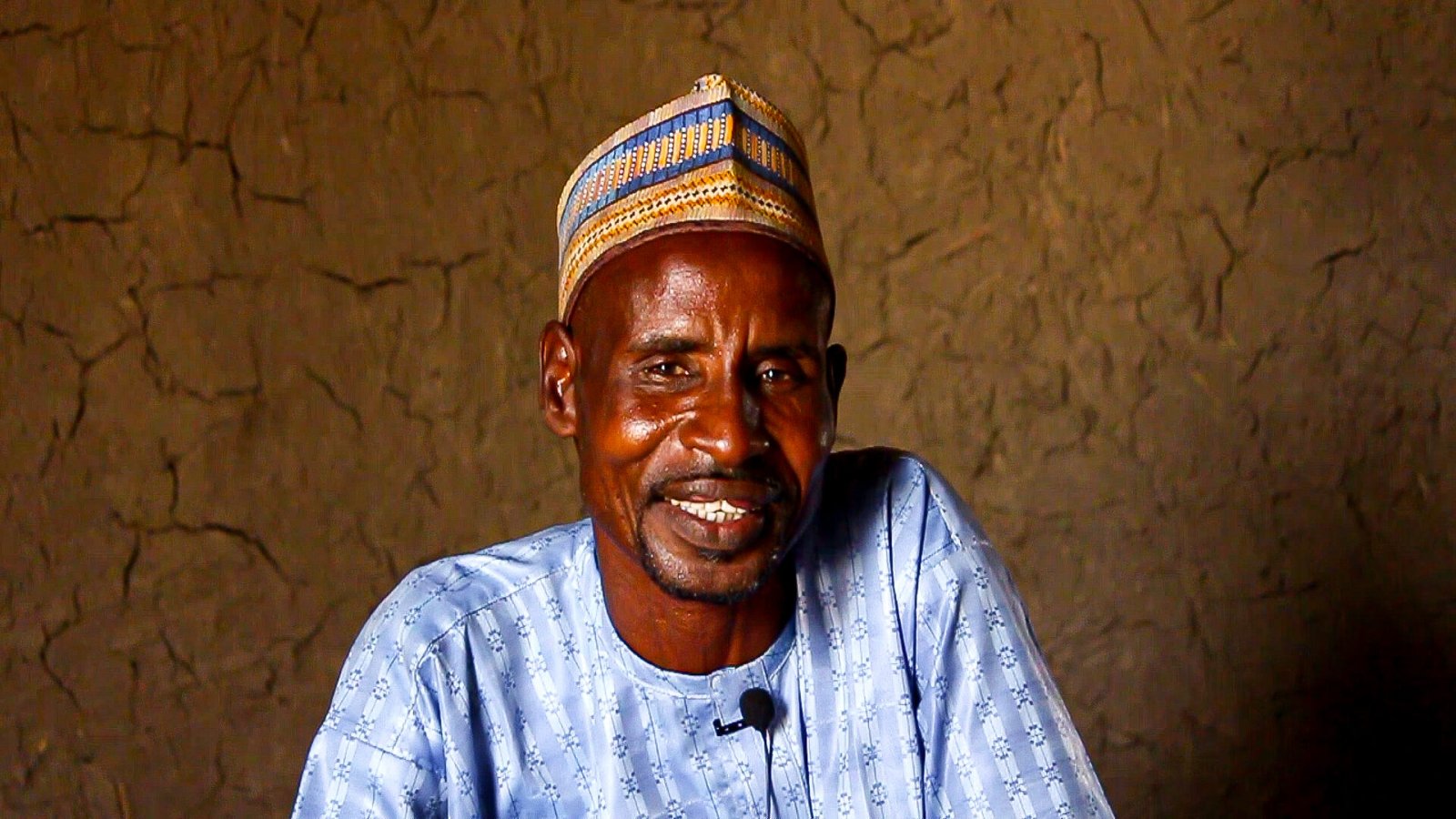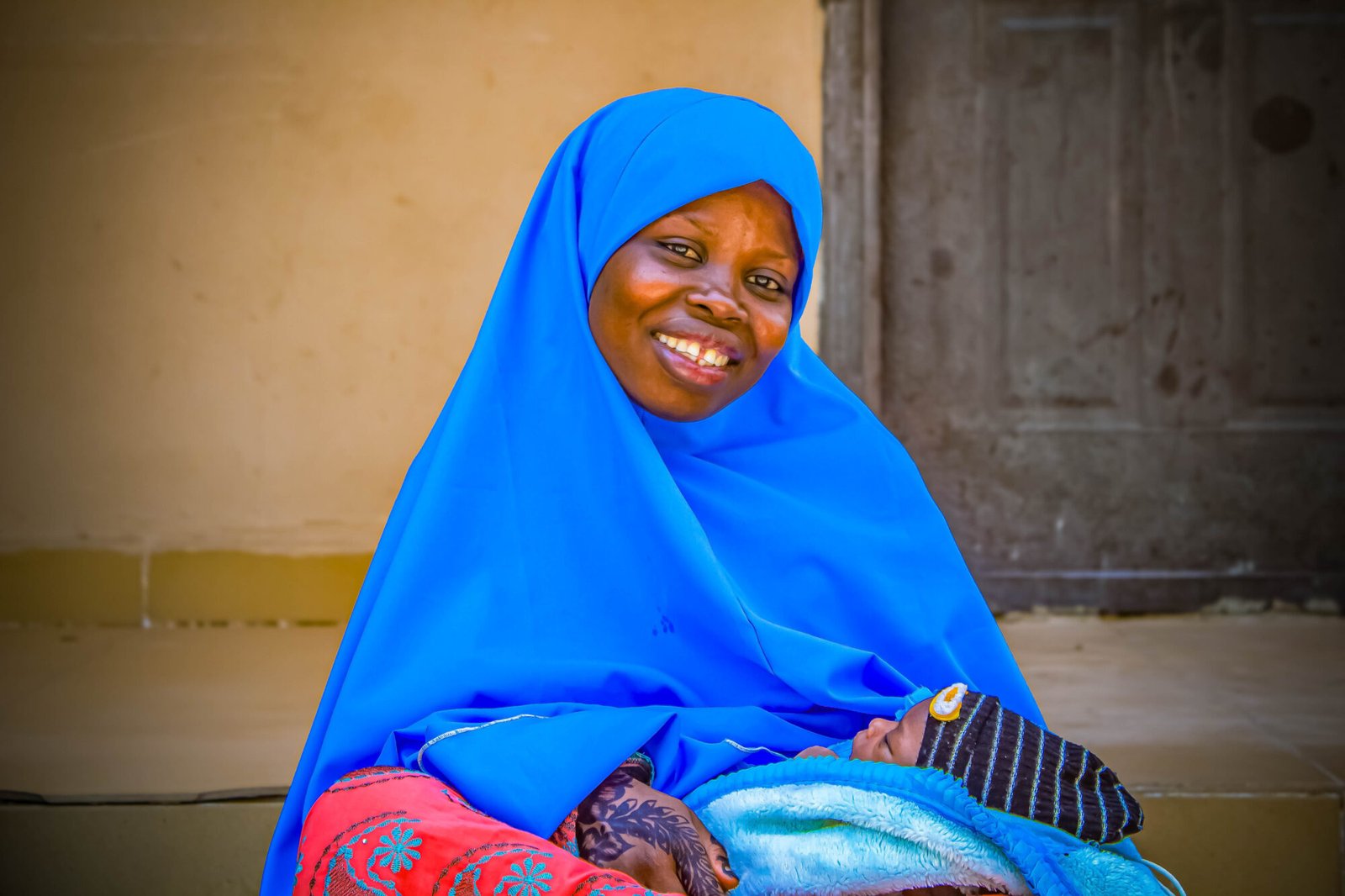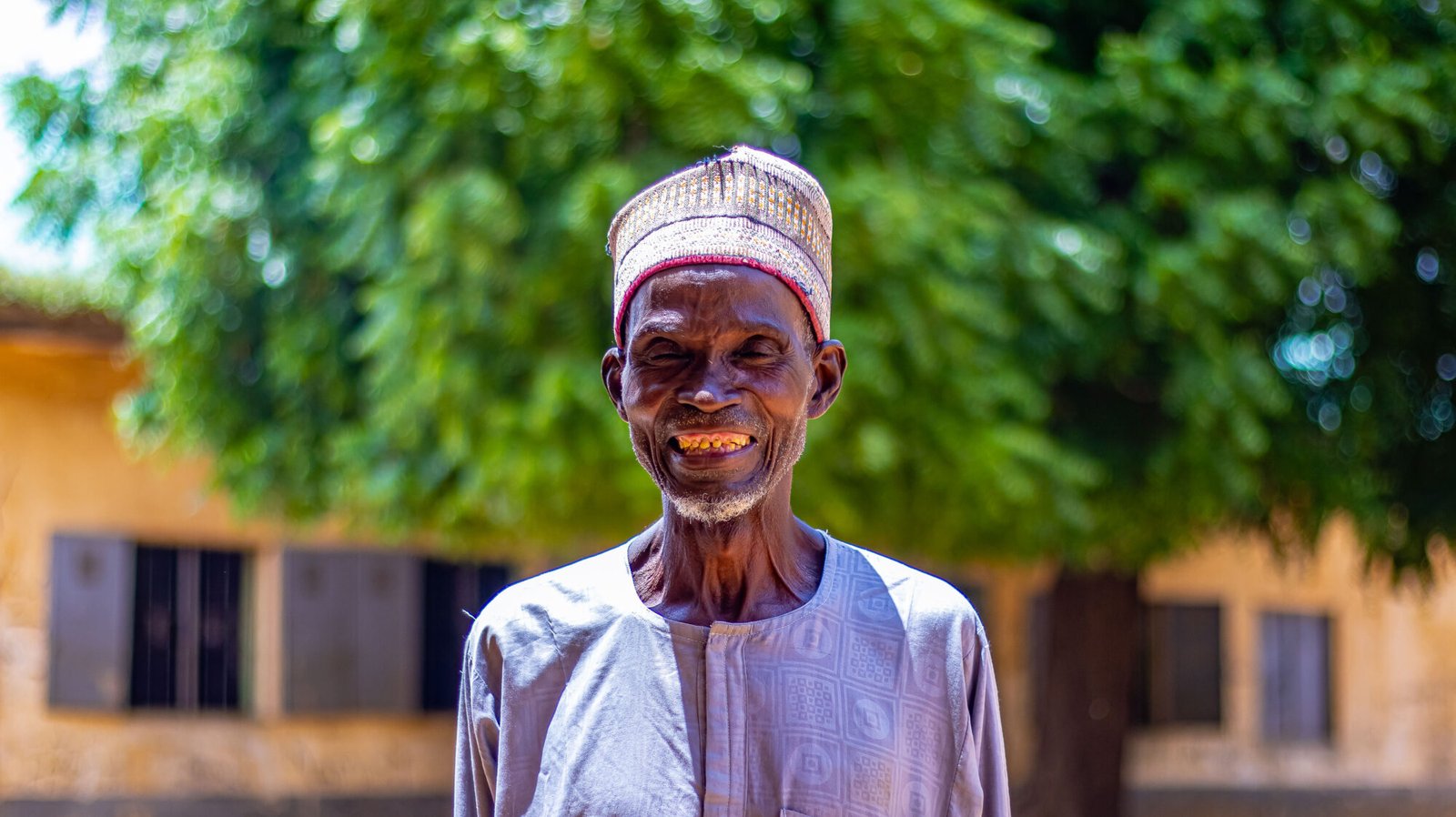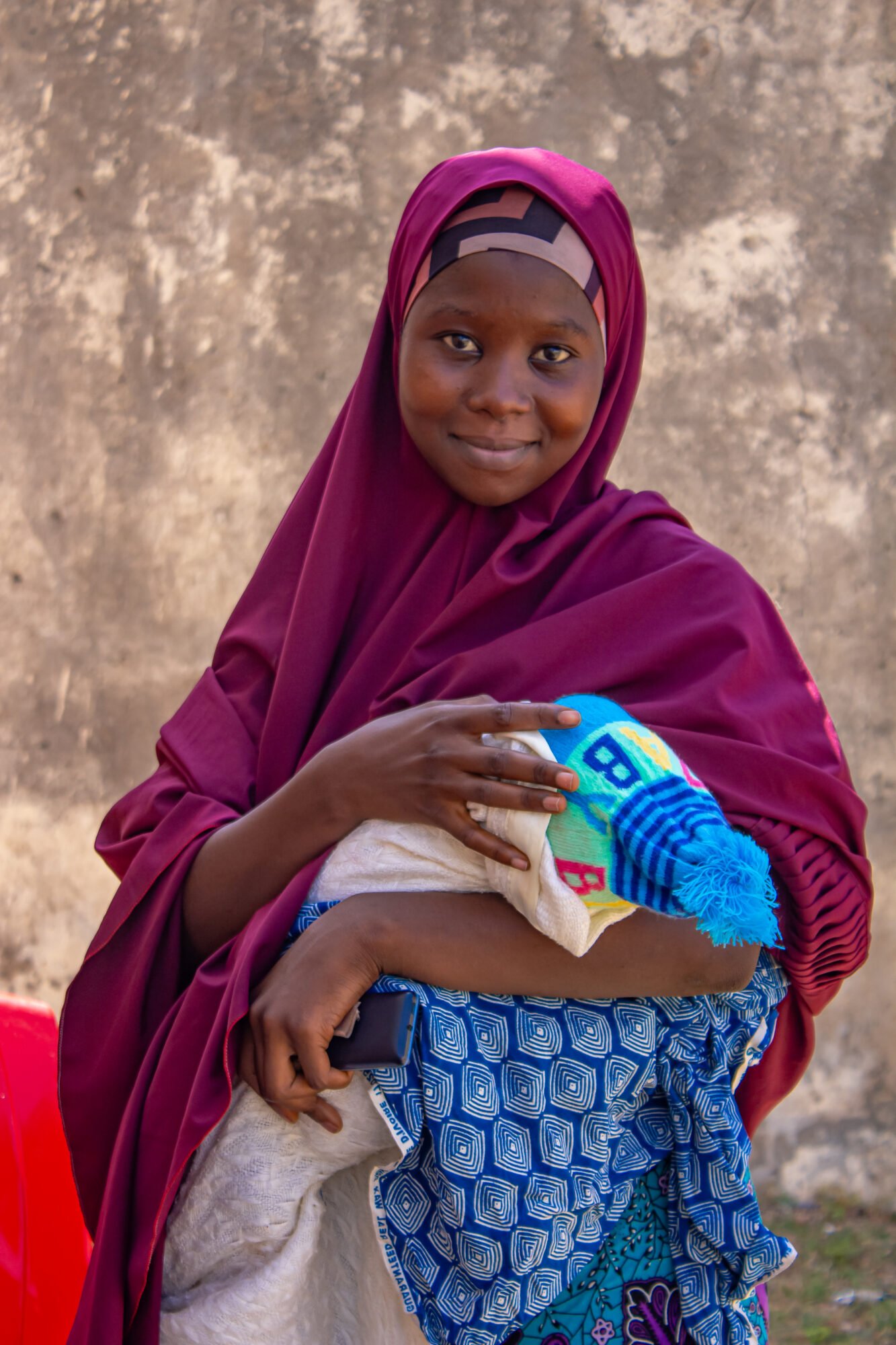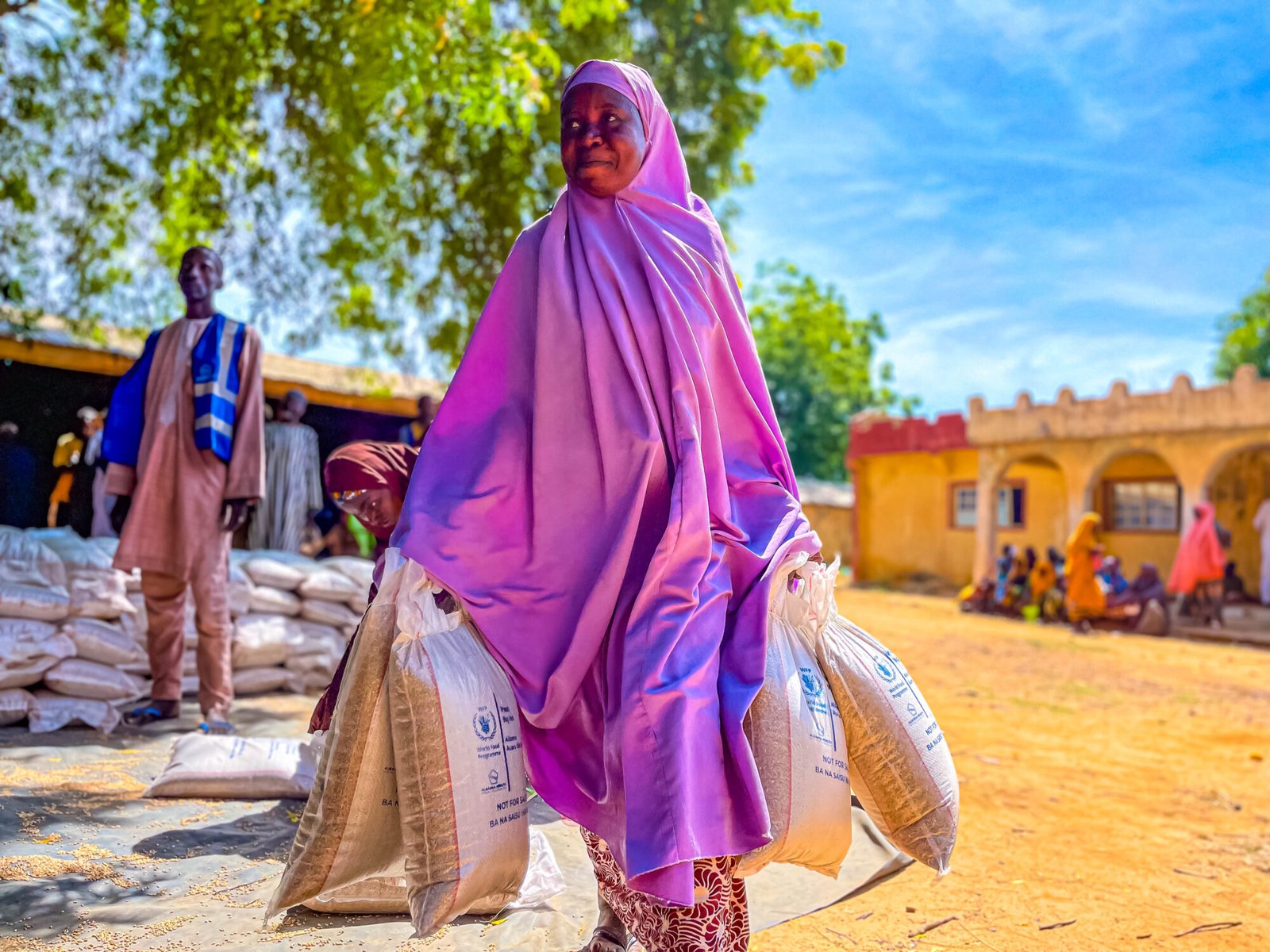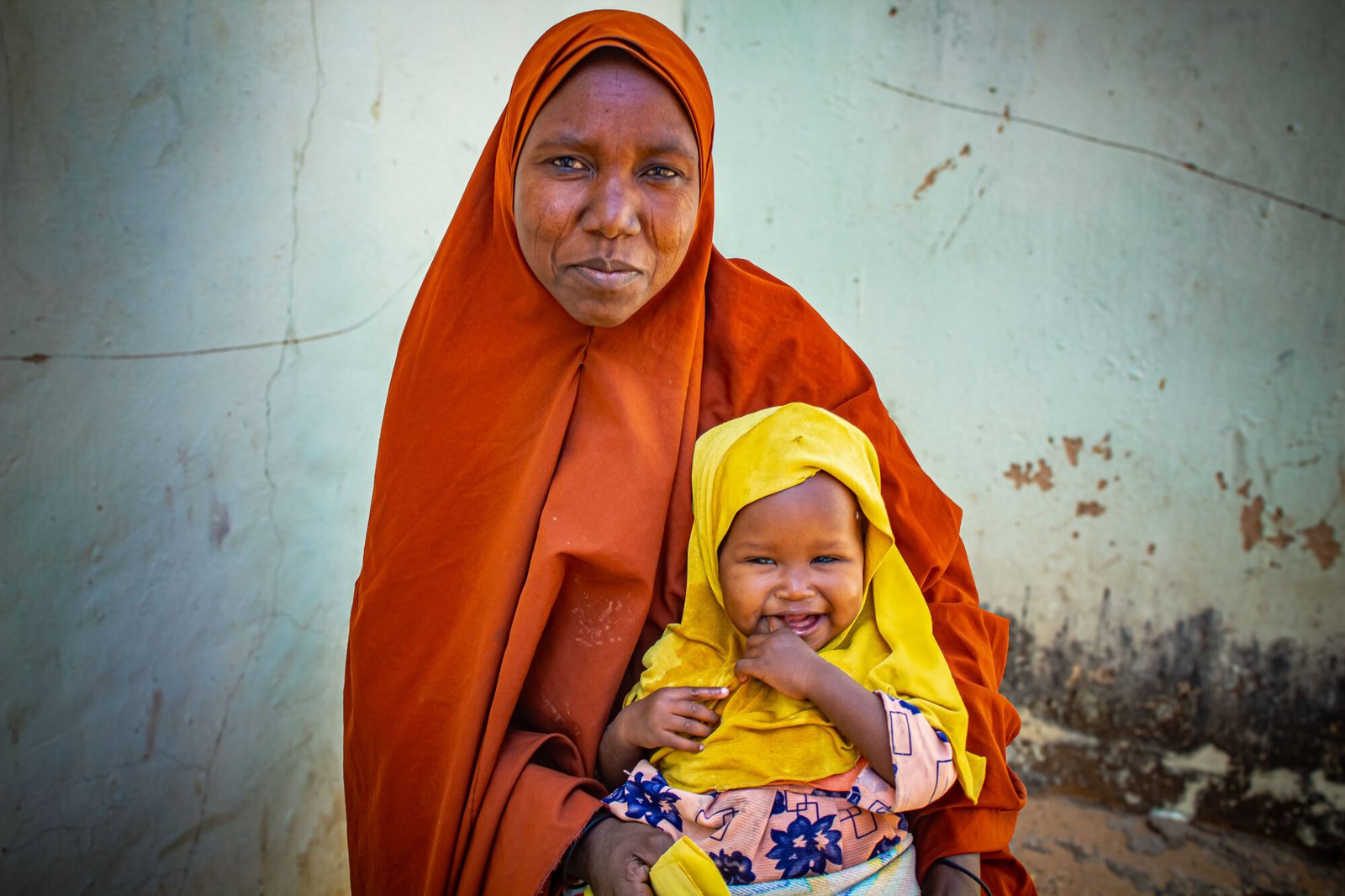In Rabah Town, the economic lifeline of the community has been severely disrupted by insecurity, leaving families vulnerable to food shortages and financial hardship. For 51-year-old Mallam Abubakar Salau, the Chief Imam of Rabah and a caregiver to 16 family members, the crisis has been deeply personal.
“I was born and raised in Rabah. It breaks my heart to see the place we once called home, a land of life, joy, abundance, and peace, transformed into one of fear, hunger, and hardship.” Imam Abubakar sorrowfully reflected.
The town, once a thriving hub for farming and trade, has suffered due to frequent attacks by non-state armed groups, leading to dwindling incomes and growing food insecurity. Recognizing the urgent need for support, the World Food Programme (WFP), in partnership with Albarka Health Spring Foundation (AHSF), introduced the General Food Distribution project to provide much-needed relief. Designed to support communities affected by displacement, violence, and economic hardship through the distribution of Ukrainian wheat grains, the program provides essential food supplies that ensure vulnerable households do not go hungry, even in the most difficult times.
Imam Abubakar expressed his gratitude: “This intervention has been a lifeline. My income has drastically declined, but this support has made a significant difference in my life and the lives of my community members.”
With a smile, he shared how he was preparing the wheat provided through the program. “I’ve noticed an improvement in my health and skin, reinforcing what I already knew about wheat’s nutritional value. More importantly, this initiative has sparked new ideas among our people, we are now planning to cultivate wheat ourselves.”
For the people of Rabah, this food assistance is more than just a meal; it is a bridge to resilience and self-reliance. It offers a pathway out of hunger and hardship, empowering them to rebuild their livelihoods and secure a more stable future, thanks to WFP’s support.

